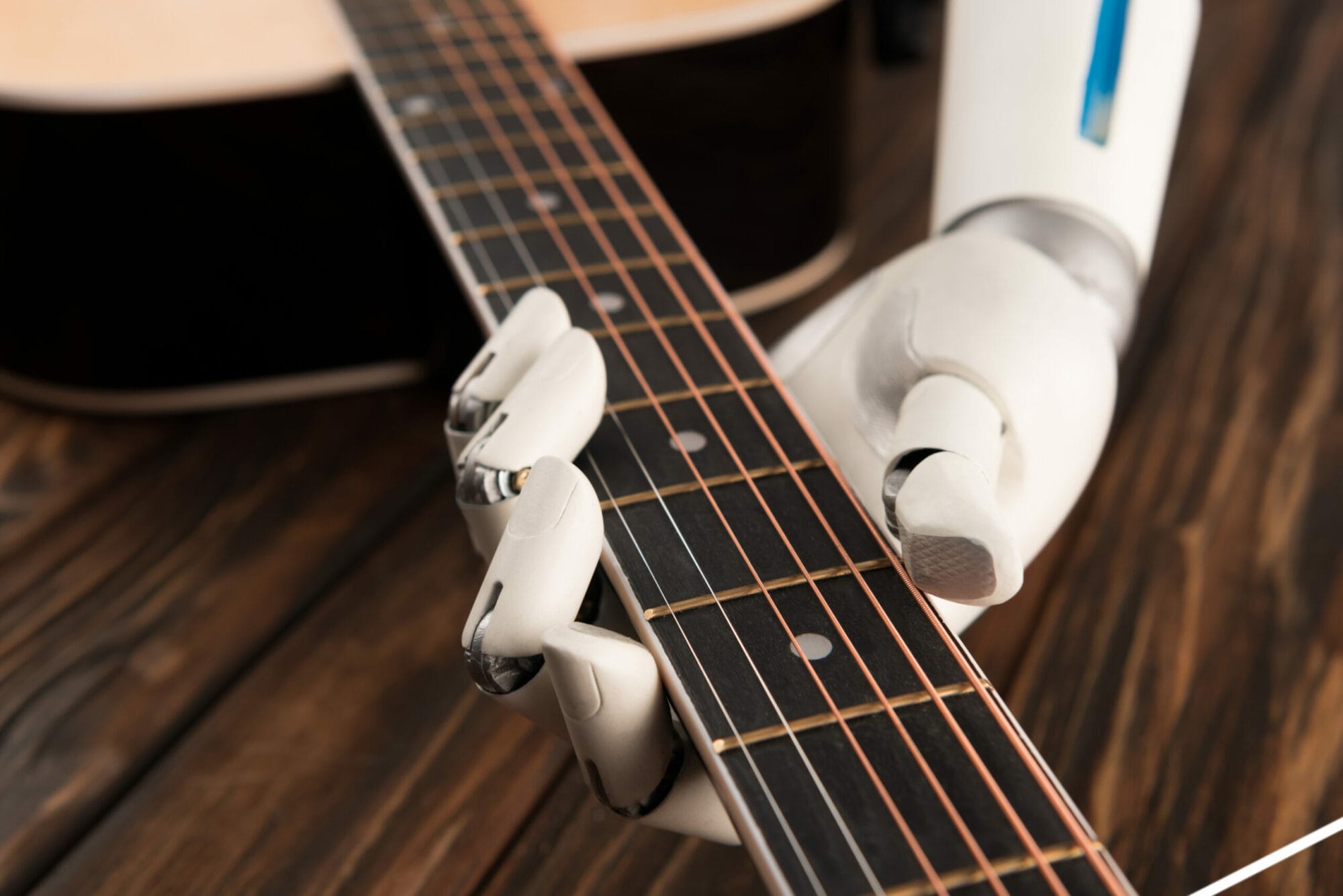By Ephrat Livni, Lauren Hirsch and Sarah Kessler
Artificial intelligence tools that generate text, images and music are moving art into new territory — and that’s raising tricky questions for the business of creativity.
For early adopters like Insider, the publication that this week announced an experiment with A.I.-aided articles, the new tools promise more efficient content creation. But for many artists, and the businesses that own their work, generative A.I. is a double threat. These systems can produce copycats of human works that dilute the market, and they use artists’ production, without their permission, as training data.
Some see that as stealing intellectual property: Universal Music Group recently told music streaming platforms, including Spotify and Apple, to block A.I. systems from scraping its music. (The company is in early discussions to license its songs to generative A.I. companies, DealBook hears.)
“There will be a lot of litigation over the next couple years relating to art created in part by AI and who owns the rights to it when it becomes lucrative,” says Jordan Rose, Rose Law Group founder and President








